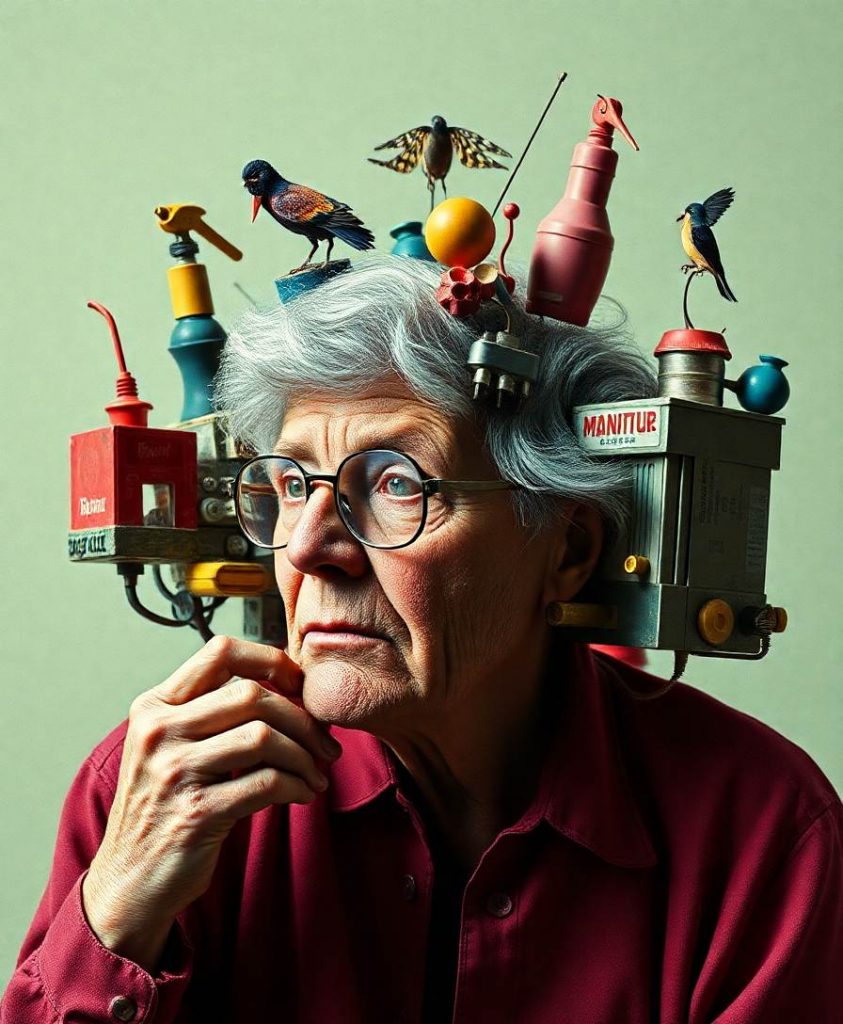Living with an aging loved one often means becoming more attuned to the small changes—those subtle signals that something might not be quite right. If you’ve ever wondered how to spot the early warning signs of a heart attack or stroke, especially in late life, you’re not alone. Many families find themselves asking: *Could this be something serious?* or *Is this just aging?* The truth is, understanding these quiet cues can make a life-saving difference.
Imagine the feeling of noticing that your parent or grandparent suddenly feels unusually tired, or that they’re experiencing brief episodes of weakness or dizziness. These sensations may seem minor, but they can be the body’s way of sending urgent signals about heart health or brain circulation. Recognizing the difference between normal aging and early signs of a medical crisis is crucial for timely intervention.
Detecting subtle signs of stroke and heart failure in loved ones
Stroke symptoms often arrive suddenly, but some warning signs develop gradually or are easily mistaken for less serious issues. For example, if an older person experiences a sudden weakness, numbness, or drooping on one side of the face, these could be signs of a stroke. Similarly, unexplained fatigue, shortness of breath, or swelling in the legs might suggest heart failure creeping in quietly.
Understanding these early signals isn’t about alarm or fear; it’s about empowerment. If you notice that your loved one seems more breathless than usual when climbing stairs, or if they’re experiencing episodes of confusion or difficulty speaking, these are clues worth taking seriously. Because when caught early, many of these issues can be managed more effectively, improving quality of life and potentially preventing a full-blown crisis.
Why early recognition matters in aging and heart health

As we age, the risk of cardiac and cerebrovascular events naturally increases. Yet, the body often gives us subtle hints—like a soft whisper—rather than loud alarms. Recognizing these signs early allows for prompt medical attention, which can be the difference between a manageable health issue and a life-threatening emergency.
Many families find themselves caught between overreacting and ignoring these signals. The key is to foster awareness and open communication. Regular check-ups, a keen eye for change, and a supportive environment where loved ones feel comfortable sharing their experiences are vital. This approach not only respects their dignity but also promotes timely care, which is crucial in preventing severe outcomes.
Ultimately, health is a journey of noticing and responding. By tuning into the subtle physical cues—whether it’s a fleeting weakness, unusual fatigue, or slight confusion—you’re taking meaningful steps toward safeguarding your loved ones’ well-being. Because sometimes, the smallest sensations can be the body’s way of whispering, “Pay attention—something’s changing.”
Learn More: How to Recognize the Subtle Signs of Heart Failure and Stroke in Older Adults
Abstract: Living with an aging loved one often means becoming more attuned to the small changes—those subtle signals that something might not be quite right. If you’ve ever wondered how to spot the early warning signs of a heart attack or stroke, especially in late life, you’re not alone. Many families find themselves asking: *Could this be something serious?* or *Is this just aging?* The truth is, understanding these quiet cues can make a life-saving difference. Recognizing these early signals isn’t about alarm or fear; it’s about empowerment. If you notice that your loved one seems more breathless than usual when climbing stairs, or if they’re experiencing episodes of confusion or difficulty speaking, these are clues worth taking seriously. Because when caught early, many of these issues can be managed more effectively, improving quality of life and potentially preventing a full-blown crisis.
Link: https://www.newsmax.com/health/health-news/pope-francis-dies-obituary/2025/04/21/id/1207629



